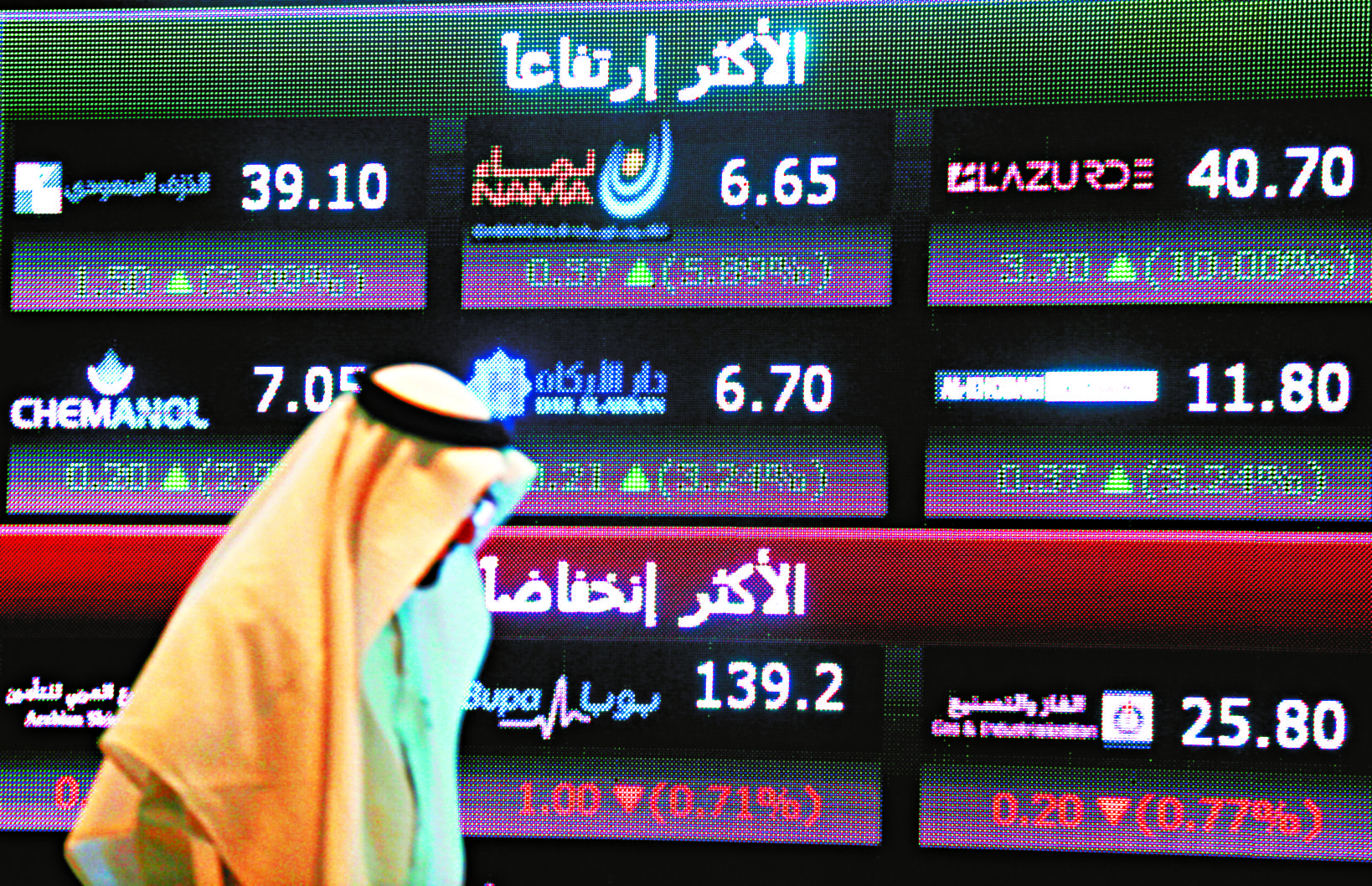Greece’s proverbial paradox whereby wage-earners – employees on payrolls in the country’s ‘formal economy’ – appear as its most financially robust taxpayers continued this year, as shown by tax statements listing incomes and revenues for the previous year, 2023.
Second place, by a wide margin from first, are self-employed professionals in the country, a term that encompasses attorneys, physicians and civil engineers to craftsmen, freelance journalists, private tutors, realtors, scrap collectors and assorted other vocations. Nevertheless, the rise in the latter category isn’t because of higher incomes declared for 2023, but because the government changed – moderately – the method of calculating the taxable income, employing objective tax criteria.
Under the newly enacted tax law, self-employed professionals are free to challenge the tax bureau’s criteria and present proof of lower income than calculated, with only a tiny fraction this year doing so. Specifically, only 263 taxpayers in this category actually disputed the figure they were called upon to pay to the tax bureau, corresponding to the infinitesimal percentage of 0.006% of all individuals that were eligible to do so.
The difference derived from the new method of calculating self-employed professionals’ yearly income generated an extra 440 million euros in expected revenues for state coffers – compared to 2023 – although the figure is still a “drop in the bucket”, given that tax evasion and tax avoidance in the country is estimated in the tens of billions of euros.
The bloc that comes in third in terms of generated taxable income is pensioners, whose income from social security funds is easily recorded, calculated and taxed accordingly.
According to a press release by the finance ministry, the results from the tax statements / returns so far show that the new method of calculating self-employed professionals’ taxable income is paying off and helping create a fairer system of distributing tax burden and expanding the tax base – the latter being another “Holy Grail” of successive Greek governments over past decades and a demand by institutional creditors funding three successive bailouts.
The massive “tax hole” in the country, besides depriving the state of revenues for which to better fund healthcare, education, infrastructure and other priorities, also skews the country’s ranking in various European and international indexes measuring affluence, risk of poverty and actual poverty rates.
In a telling example, all of the taxpayers’ whose yearly income was calculated via objective criteria for 2023 – a car mechanic, for instance – declared an average of 3,215 euros total – or, a far-below the poverty rate of 268 euros a month, corresponding to monthly wages in southeast Asia.
Conversely, taxpayers in the formal economy declared an median annual income of 15,013 euros, or 1,251 euros a month.
Source: tovima.com






































